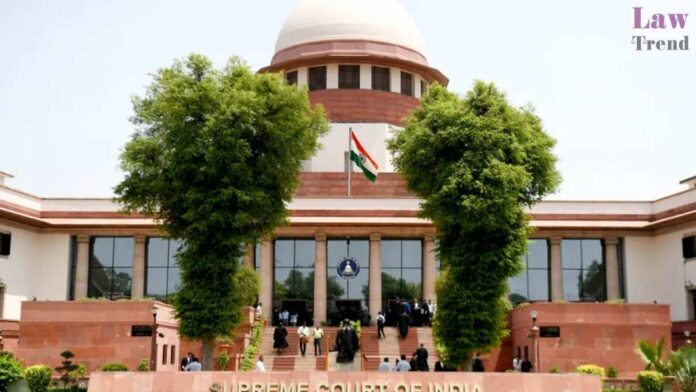The Supreme Court of India has set aside the conviction of a deceased court employee under Section 195-A of the Indian Penal Code (IPC), ruling that he could not be held guilty under a provision that was not on the statute book at the time the offence was committed in 1999. A bench of Justice
To Read More Please Subscribe to VIP Membership for Unlimited Access to All the Articles, Download Available Copies of Judgments/Order, Acess to Central/State Bare Acts, Advertisement Free Content, Access to More than 4000 Legal Drafts( Readymade Editable Formats of Suits, Petitions, Writs, Legal Notices, Divorce Petitions, 138 Notices, Bail Applications etc.) in Hindi and English.




